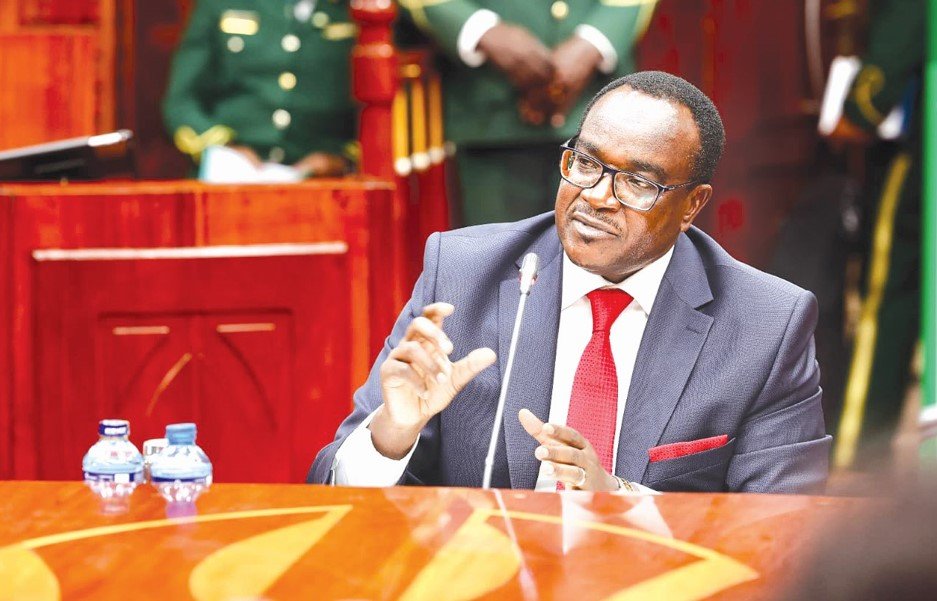Teacher shortage crisis persists amid large pool of trained educators

As public schools face a worsening critical shortage of educators, more than 300,000 registered teachers are not working for the Teachers Service Commission (TSC).
They include 134,914 Early Childhood Development Education (ECDE), 124,061 primary, and 84,510 post-primary school teachers.
The revelations came as outgoing TSC chief executive Nancy Macharia cited a shortage of 98,261 teachers nationwide, expected to worsen when senior secondary schools launch in 2026.
Macharia attributed this shortage to insufficient budgetary allocations.
The TSC has implemented an online teacher registration portal to streamline the process, Education Cabinet Secretary Julius Ogamba told the Senate.
Authorised vacancies
He emphasised that teacher recruitment depends on available funding and authorised vacancies.
“An analysis of the teacher register indicates that there are a total of 343,485 registered teachers who are not employed by the TSC,” Ogamba said, responding to Senator Joyce Korir’s inquiry about unemployed teachers.
“These numbers include those teachers who are employed in the private sector or those who have decided to pursue interests other than teaching.”
Ogamba acknowledged that the TSC lacks data on ECDE teachers employed by county governments and was working to compile county-specific information on unemployed registered teachers.
Senators questioned why recent graduates were being hired over those who graduated a decade ago. Senate Majority Leader Aaron Cheruiyot requested county-by-county data showing graduation years of employed teachers and highlighting regional disparities.
“Some regions have employed graduates as recent as 2017-2018, while other areas have unemployed graduates from 2010,” Cheruiyot noted.
Evaluation parameters
Senator Margaret Kamar pointed out that the TSC’s evaluation parameters sometimes favour newer graduates.
“Some people who graduated in 2010 remain unemployed while those from 2015 or 2020 get hired. We have graduates who’ve been waiting over 10 years,” she said
Ogamba acknowledged the system’s failure to prioritise older graduates.
“It’s true they should consider those who graduated earlier, but that hasn’t worked,” he said.
“Some people graduate and remain unemployed for 25 years. We’re considering affirmative action to help older graduates.”
He pledged to address the issue, noting some trained teachers reach retirement age without ever being employed, which he called “very frustrating”.
During recruitment, Ogamba told senators, the TSC supposedly prioritises earlier graduates to promote fairness and reduce long-term unemployment among teachers.















